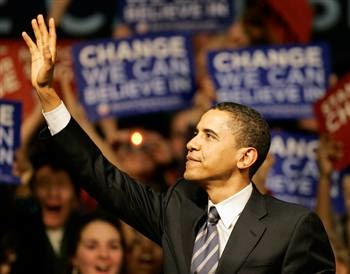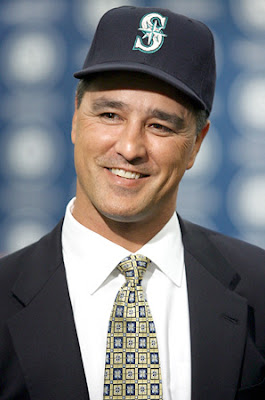
You kids probably don't think this is a big deal. That is a good thing, for the truth is, you shouldn't. But, it is a pretty big deal to me. Not Barack Obama big, but big enough, for it is another indication of America's growing acceptance of people of color.
This was not always the case.
You probably know that the first African-Americans arrived here against their will as slaves. Slavery was legal in the United States from 1654 to 1865. When America declared its independence from Great Britain in 1776 by saying that "all men are created equal" and that everyone was entitled to "life, liberty (freedom) and the pursuit of happiness", they didn't include slaves. Slaves weren't freed until after the long, bloody American Civil War.

Once freed, African Americans weren't treated equally. They couldn't hold the same jobs, go the same schools, or use the same businesses as Caucasian Americans. This is called racial discrimination.
Not only that, they were only allowed to live in certain areas of most cities and towns. This is called segregation.
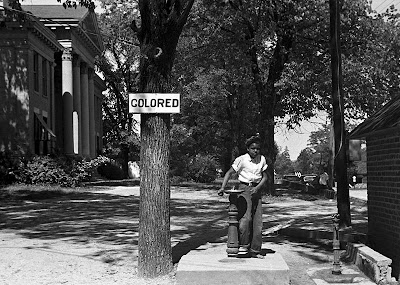
You may not believe this now, but all of this was legal until the Civil Rights Movement of 1955-1968 fought against and succeeded in ending all of these unfair practices.

The relations between African Americans by Caucasian Americans have been slowly but steadily improving ever since.
African Americans were not the only ethnic group subjected to racial discrimination.
When the US was building the Transcontinental Railroad, many Chinese immigrated to the United States to help build it.

Fearful that the Chinese would take jobs from others, the US government created a law called The Chinese Exclusion Act in 1883.

This law prevented most Chinese people from moving to the United States. After the law was enacted, very few Chinese were allowed into the country. In the 30 years between 1910 and 1940, only 56,113 Chinese were allowed to enter the US, an average of 1,870 per year. By comparison, 1,004,756 Europeans were allowed to enter the US in 1907 alone.
The law wasn't repealed (canceled) until 1943. Even today, if one were to look at the United States Code (the book of US law), one would find that Chapter 7 of Title 8 is entitled "Exclusion of Chinese." Of the 15 chapters in Title 8 (Aliens and Nationality), it is the only one that is completely focused on a specific nationality or ethnic group.
After the Japanese attacked Pearl Harbor in 1942, the United States government decided that all Japanese living in the US were threats to national security.

All Japanese living in the US were moved into places called "internment camps" which were really prisons in remote, unpopulated areas of the country.
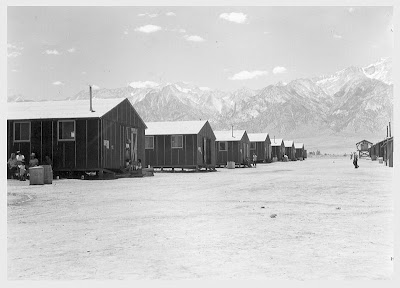
By being forced to move, all of these people lost their jobs, their homes and their businesses.

The funny thing was, America was also at war with Germany, but no Germans were placed in internment camps.
So why were the Japanese moved? For that matter, why exclude only Chinese immigrants and segregate the African American population? Simple answer: they were all visibly different from the Caucasian majority because of the color of their skin.
Today, I marvel at how much has changed.
In a sport where African Americans were once excluded from participation, Tiger Woods is regarded as the greatest player of all time.

Ang Lee, a Chinese man, won an Oscar for Best Director (Brokeback Mountain).

A Japanese man is such a big star in baseball, America's game, that he is known only by his first name, Ichiro.

And an African American man has been elected President of the United States of America.
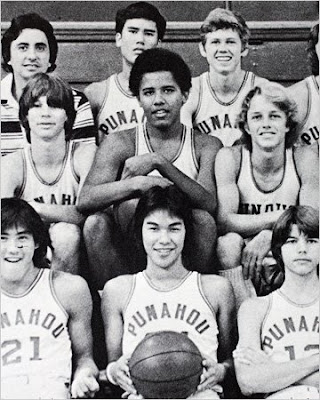
Best of all, most of you don't think much of any of this. To me, that is the best indicator of how far we've come as a nation.


